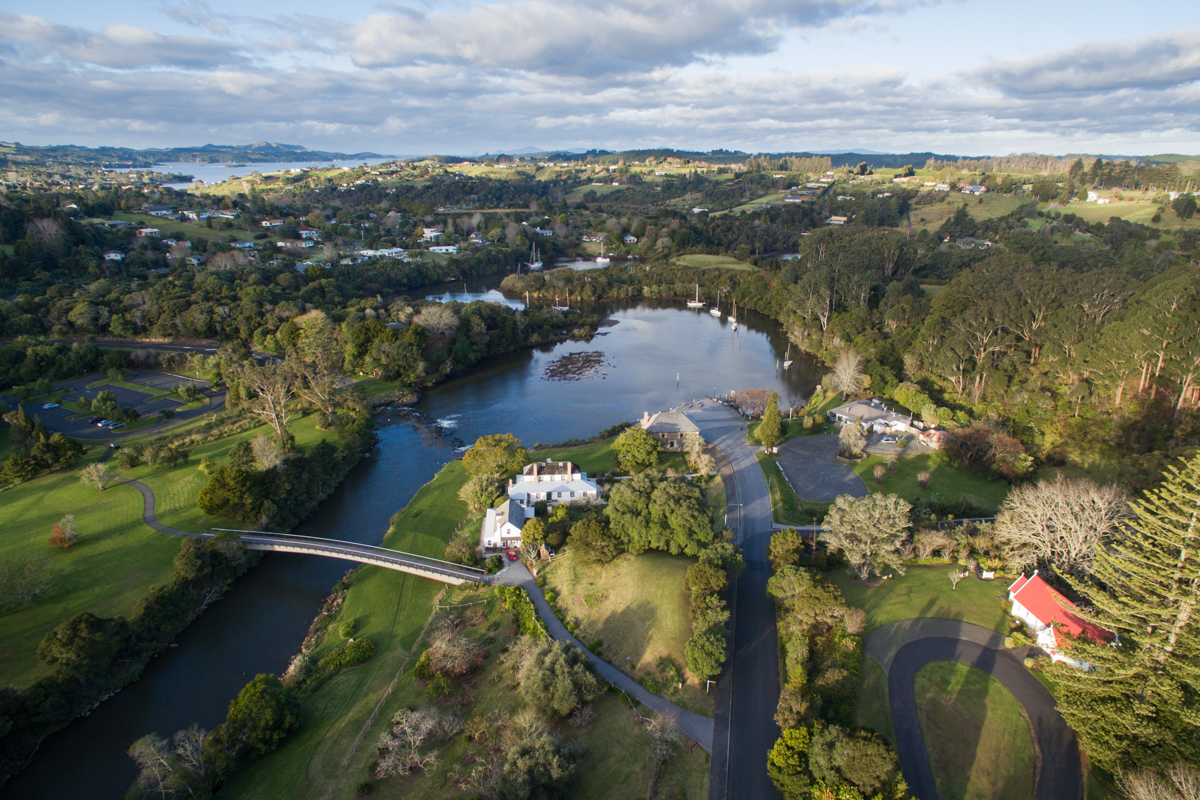Council increases water restrictions for Kerikeri
Far North District Council is increasing water restrictions for Kerikeri and Waipapa due to significantly reduced levels in two raw water sources, the Waingaro Reservoir and Puketotara Stream.

Far North District Council is increasing water restrictions for Kerikeri and Waipapa due to significantly reduced levels in two raw water sources, the Waingaro Reservoir and Puketotara Stream.
From today, water restrictions will increase from Level 2 to Level 3, making it illegal to water gardens or lawns with sprinklers, irrigation systems or hand-held hoses. The use of open hoses, trigger nozzle hoses, or water blasters to wash vehicles, windows, buildings or paved areas is also banned, as is filling private swimming pools from Council water supplies.
General Manager – Infrastructure and Asset Management Andy Finch says that like elsewhere in Northland, drought conditions have significantly impacted Kerikeri’s water supplies. Normally, the Waingaro Reservoir, which is owned and operated by the Kerikeri Irrigation Company, provides 65 per cent of Kerikeri’s water. Puketotara Stream provides the remaining 35 per cent.
“Water levels in the Waingaro Reservoir are well down on normal and we may soon have to draw from deeper in the reservoir. Unfortunately, this water is oxygen poor and requires more treatment. This will force us to rely more heavily on Puketotara Stream, which is already nearing the limits where we can still legally take water.”
He is asking all businesses and households connected to the Council supply to reduce consumption by 25 per cent to avoid the need for tighter water restrictions. “We need significant rainfall over several days to recharge these water sources. Unfortunately, forecasters are predicting little rain for weeks or even months.”
Mr Finch says Kaikohe and Okaihau have achieved a 31 per cent reduction in water consumption, proving the 25 per cent target is achievable. “Most water is used in the bathroom, toilet and laundry, so households and businesses can make significant savings by flushing less, showering shorter, washing full loads and turning taps off.”
People who see breaches to water restrictions can report these by calling 0800 920 029 or by going to the Council’s website. The Council is also stepping up checks when unusual water use is detected. Anyone who repeatedly ignores water restrictions can be fined up to $20,000.

